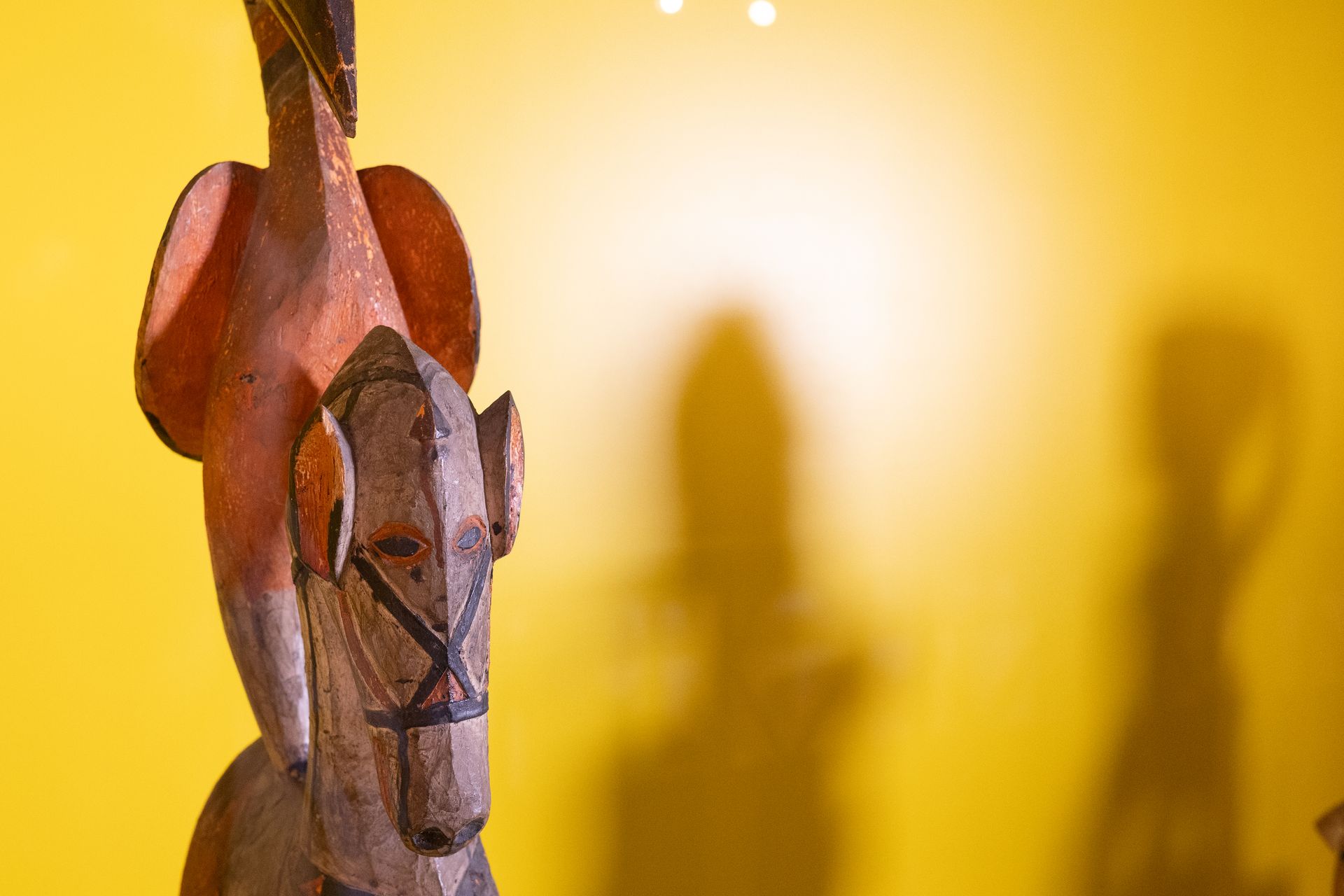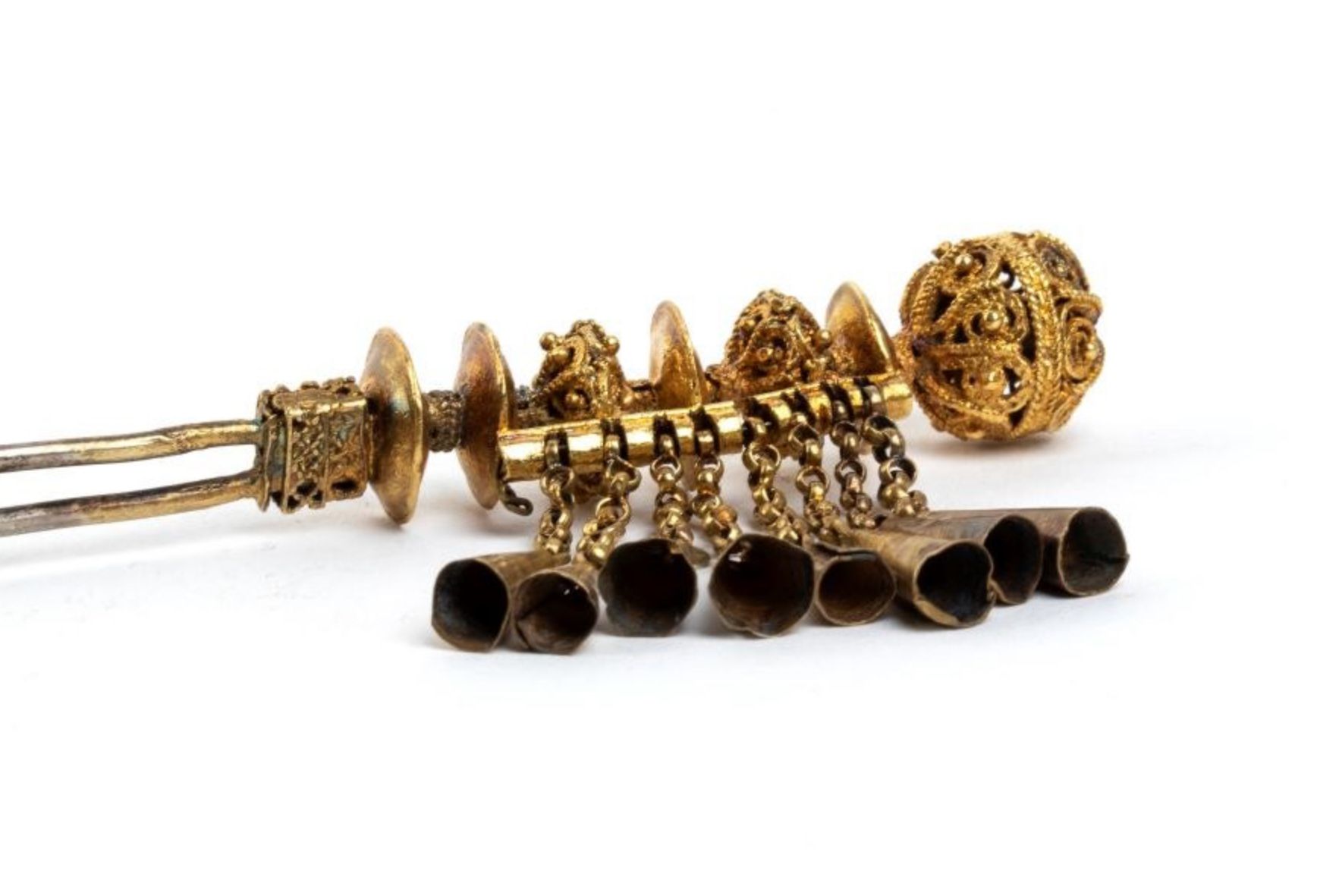Cultural Restitution
SHARE ARTICLE
It’s time this Government listens to the British public’s views on cultural heritage, instead of pushing forward its own agenda of 'cultural cleansing'.
This weekend’s Financial Times confirms the government is now adopting a more aggressive approach to board appointments at Britain's national collections. The newspaper has broken news that a second term for Dr Aminul Hoque, a trustee at the Royal Museums Greenwich, described by colleagues as “devoted and conscientious”, has been vetoed by culture secretary Oliver Dowden. After an appeal by Sir Charles Dunstone, chairman of the Royal Museums, failed to persuade Dowden to abandon his veto, Dunstone resigned from the board last February in protest.
There were also reports the entire Museum’s board was prepared to resign unless Hoque was reappointed for a second term. However, Dunstone’s departure appears to have prevented any further resignations.
Hoque is a Bangladeshi-born British academic whose work in the Educational Studies Department at Goldsmiths College, London has focused on issues of multicultural Britain. He led the Royal Museum’s response to the Black Lives Matter movement last year and was awarded an MBE for his services to youth justice in east London.
The Financial Times reports that several people familiar with these events believe it was Hoque's academic work that advocates decolonising the curriculum, as well as comments made on social media, which played a part in Dowden’s refusal to lift the veto. Hoque told the newspaper he was “shocked, disappointed and baffled” by the decision.
Further interventions by Dowden, said to be enthusiastically supported by Downing Street, are reported to have blocked other high level cultural and media appointments. These include initially opposing the appointment of the classicist Dame Mary Beard to the British Museum’s board of trustees.
Why does all this matter? After all, government is responsible for approving the appointment (and reappointment) of all trustees to our national collections. It's entitled to exercise its right to ensure the nation's collections are safe in their hands.
However, there's an unsettling divergence emerging. Britain's regional and university museums are in listening mode. They are reacting to what local communities expect from their museums and are starting to change their role and policies in line with broader changes in society. It was one of Hoque's responsibilities as a trustee at Greenwich to increase interest in their collections among the local community. Isn't it important these voices are heard?
But Downing Street either doesn't like or just chooses to ignore these shifting patterns within the museums sector. They've already made it clear they don't approve of decolonisation, now, apparently, they don't care to listen to museum boards or local communities. Instead, they expect the country's national collections to adopt the same approach to cultural cleansing that its own ministers are now enforcing.
So, while regional and university collections are responding to the need for change, taking gradual steps towards decolonisation, government will stop at nothing to halt this progress, including removing trustees who don't share their cleansing vision.
The gap between an unhearing government, enforcing its doctrine on the boards of national collections, and a progressive, listening museums sector is just getting wider.
Photo: National Maritime Museum, Greenwich
Courtesy of Wikimedia Commons
After this was written......
If you're still not convinced the government is ready to remove trustees who don't share their view about contested objects, then news that another trustee has resigned in protest at government interference must concern you. Sarah Dry, a trustee at the Science Museum Group, decided to withdraw her nomination to serve a second term at SMG in March this year. Dry objected to new government guidance that requires new and reappointed trustees of national collections to "individually and explicitly express their support" for its retain and explain policy. "Today it is contested heritage," explained Dry. "Tomorrow it may be another issue. This has several damaging effects". In a letter to the Group's board and chair, Dame Mary Archer, Dry, an author on the history of science, expressed her concern that allowing the government to dictate specific policies violates the long-established principle of arm's length bodies, risks harming SMG's reputation and "betrays the trust of the public". The government's response? "There is no automatic presumption of reappointment", said a spokesman to the Museums Journal, adding, trustees should "act to deliver the outcomes expected by sponsor departments, ministers, and, ultimately, the public." The view of the museums sector? It's a device to identify and remove trustees with dissenting views.
More News



